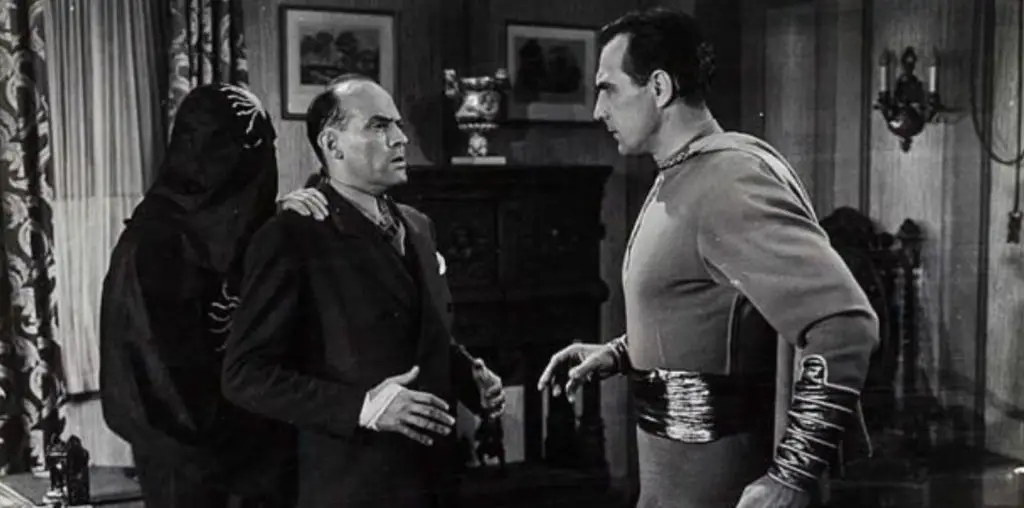
When watching “The End of Poverty?”, it is helpful to keep a calendar nearby. This is necessary since the film insists on living in the historic past rather than addressing contemporary problems.
According to the film, today’s poverty has its roots in 1492, with the dawn of the European conquests of the New World. Apparently, there was no poverty anywhere in the world prior to 1492 – or at least that is what the film would like to imagine.
The film then sails into a Wikipedia-worthy thumbnail history of all of the bad things that the Europeans (and, later the Americans) did to the so-called developing world. The Victorian-era colonial shenanigans are trotted out and are blamed for most of the current global miasma – forgetting the fact that we’re living in 2009 and the sun set on the British Empire (and the other colonial powers) more than a half-century ago.
The film plays “blame Whitey” by insisting that all economic problems currently facing the people in Latin America, Africa, and Asia were created by Western interference – ignoring the fact that the independent governments of these regions have spent the past half-century using political corruption and economic repression to keep their respective populations below the poverty level.
The film also ignores the growing levels of poverty in Europe and the United States. Director Philippe Diaz would prefer to imagine that everyone in those parts of the world are filthy rich, while the rest of the planet is just plain filthy.
“The End of Poverty?” will appeal to those who like their politics ultra-far left of center, but will bore anyone who prefers competent non-fiction filmmaking grounded in everyday reality.
